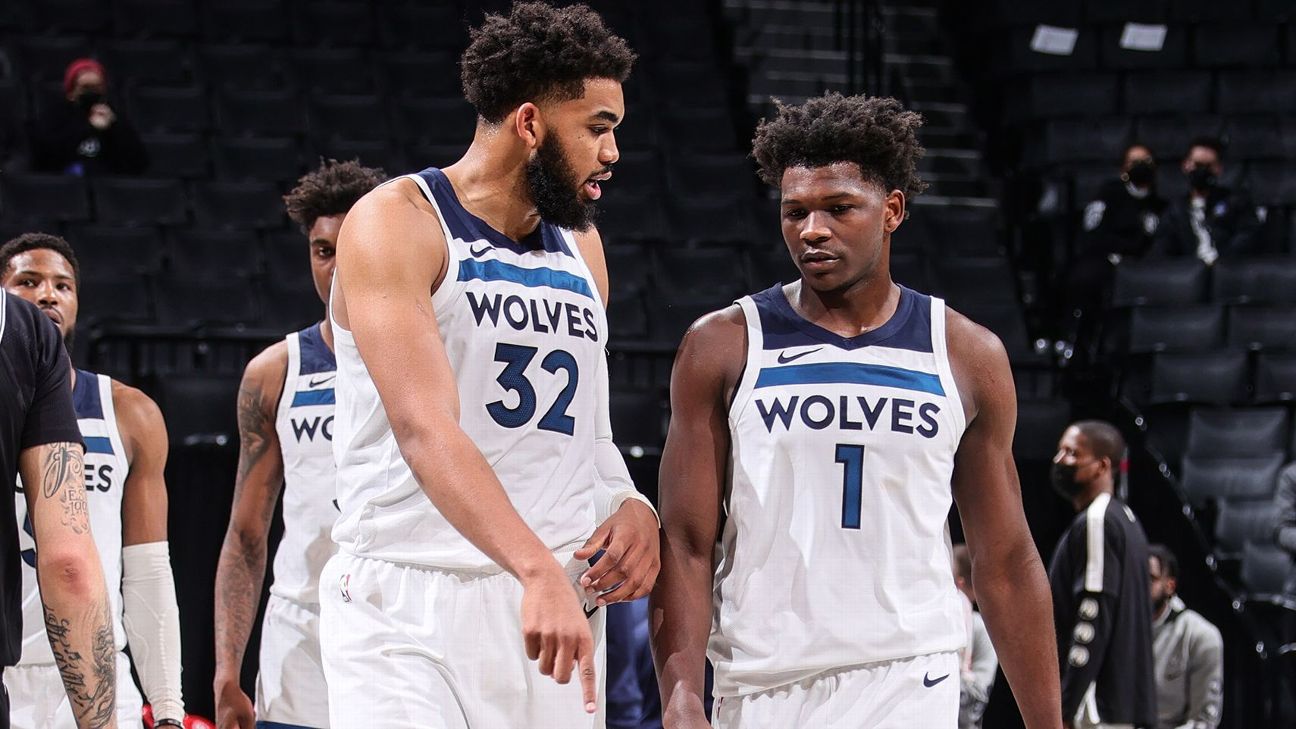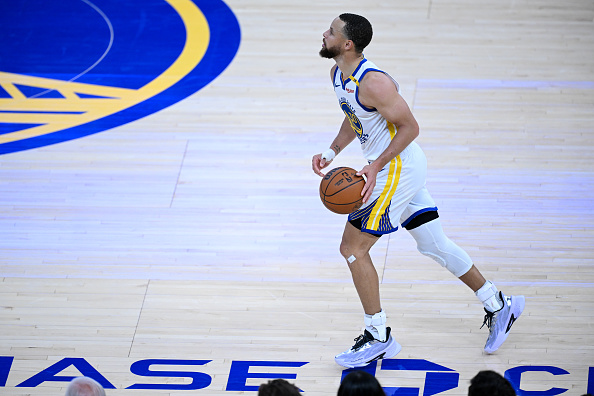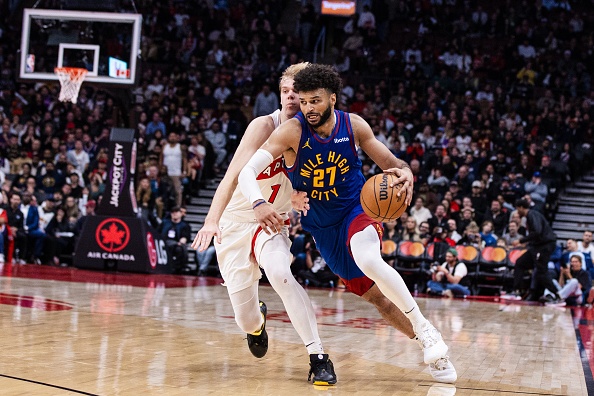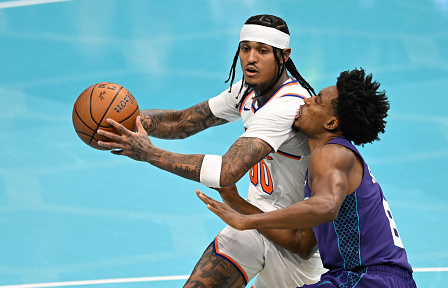The Minnesota Timberwolves finished the 2020-21 NBA season with a 23-49 record. They struggled to stay healthy over the course of the season with all of their top players missing significant time outside of rookie Anthony Edwards. Despite struggling in the first half of the season the team had rumored interest in players such as Aaron Gordon and John Collins at the trade deadline.
Ultimately, the Timberwolves didn’t make an in-season trade due to the high asking price for the players they were interested in. They decided to focus on growing from within and did a decent job of that. Following the all-star break, the young Timberwolves went 16-20, much better than their 7-29 record prior to the all-star break.
Chris Finch was brought in to replace Ryan Saunders during the season and the team picked up their level of play. Saunders went 7-24 while Finch led the team to a 16-25 record. Given his lack of relationships with players and the roster prior to joining the team, fans should be excited about what he can do moving forward.
Make sure to check out all of our other NBA Team Season Recaps.
Team Performance
The Timberwolves took major steps under Finch once he was hired. It was a move that was necessary and it seems they very well may have made the right choice in Finch. Simply put, they were not winning enough games under Saunders after the off-season they had.
Many expected an improvement from them with a full season featuring D’Angelo Russell alongside Karl-Anthony Towns. Not to mention bringing Ricky Rubio back to town and drafting Anthony Edwards first overall in the 2020 NBA Draft. The return of Rubio did not do what the team had hoped and they failed to find the right rotation of him, Russell and Malik Beasley in the backcourt.
Beasley did show his second half to last season was no fluke, though. That was important as the team gave him a massive contract in the off-season despite a small sample size of being a great scorer.
As a team, the Timberwolves shot the 7th most three-pointers per game but were 25th in the league in three-point percentage this season. That production was nowhere near good enough to make up for their poor team defense all year. Their defensive rating of 114.5 ranked 28th in the NBA, only ahead of the Portland Trail Blazers and Sacramento Kings.
Team Award Winners
MVP – Karl-Anthony Towns
No surprise here as the obvious pick is the easy pick in the Timberwolves offensive-minded big man. Towns led the team in scoring (24.8), rebounding (10.6) and was third in assists per game (4.5). He missed 22 games and the team was terrible without him. They went just 4-22 in games Towns did not play in.
When he did play, they were a much more respectable 19-31. While still bad and not good enough for the talent they have, Towns was without a doubt their on-court MVP this season. Moving forward he will need to improve on defense in order to maximize his potential as a player. The wins need to come soon for him and the franchise or the pairing may not work long term. For another season, though, he was their unquestioned most valuable player.
Defensive Player of the Year – Ricky Rubio
The Timberwolves don’t really deserve a winner for defensive player of the year. That being said, it can be given to Rubio for not being terrible compared to most teammates in terms of defensive rating. He also led the team in steals with 1.4 per game.
Sixth Man of the Year – Naz Reid
Russell came off the bench for 16 games this year which is not enough to truly give him this spot. That makes the award go to the only viable option in second-year big man Naz Reid. Reid played in 55 games off the bench and averaged 10.7 points per game. The Louisiana State product shot 53.7 percent from the field off the bench to go with 36.7 from behind the arc as a reserve. No one on the team made more appearances from a reserve spot than Reid did. Reid also started 15 games over the course of the season.
Biggest Surprise – Anthony Edwards
Edwards was the number one selection in the NBA draft, so he had high expectations entering the season. He also entered with a few question marks and a slow start to the season did not do anything to help answer those questions. It was only a matter of time before he made everyone who knocked him eat their words, though.
In the month of March, Edwards burst onto the scene by averaging 24.2 points per game. His post-all-star break numbers were a lot better than the first half of the season and he looked like an entirely different player. Scoring, rebounding and assists all took a jump and he looked like one of the best rookies in the league like he was expected to be.
Biggest Disappointment – D’Angelo Russell
As noted earlier, Russell came off the bench 16 times this year. He was an all-star for the Brooklyn Nets a few seasons ago and has since partnered up with a close friend in Towns. Despite that, he has been unable to duplicate the success he found in his lone season in Brooklyn. He was given the benefit of the doubt in his first year with the Timberwolves because he was acquired by the team in the middle of the season.
Given his talent and proven ability, though, everyone was expecting a stronger performance in his second year with Towns and the Timberwolves. That didn’t happen. In fact, he actually saw his scoring and assists numbers take a slight dip this season. While his shooting percentages did jump a tiny bit, the demotion late in the season to a sixth man role tells you all you need to know about his season. Simply put, he was not the all-star partner they expected him to be next to their franchise player in Anthony-Towns.
What’s Next
The Timberwolves’ much-improved play under Finch may come back to bite them. That’s because they won their way out of one of the worst three records in the league. That will be big when the NBA Draft Lottery rolls around, as the worst three teams have equal odds at obtaining the first overall pick.
Making matters worse, the Timberwolves only keep their draft pick if it falls in the top three selections. If it does not, they send it to the Golden State Warriors. That pick is owed because of the move to add Russell, showing why his performance was so disappointing. Obviously, the team thought they would be a lot better than they were when they brought him in. Now, they’re stuck waiting and hoping they get another year of luck in the lottery to build moving forward.
If they keep that pick, they add to the plethora of young talent on their roster. If they lose it, they must look elsewhere to improve their team. Nothing can be decided by the front office until the lottery plays out. It all rides on those ping pong balls for now. Bad luck could make the Timberwolves season even more disappointing for their fan base.
Check us out on our socials:
Twitter: @PTSTNews and @TalkPrimeTime
Facebook Page: Prime Time Sports Talk
Join our Facebook Group: Prime Time Sports Talk
Instagram: @ptsportstalk
Follow Garrett Brooks on Twitter @Garrett_Brooks1
Main Image Credit: Google Images








One Response